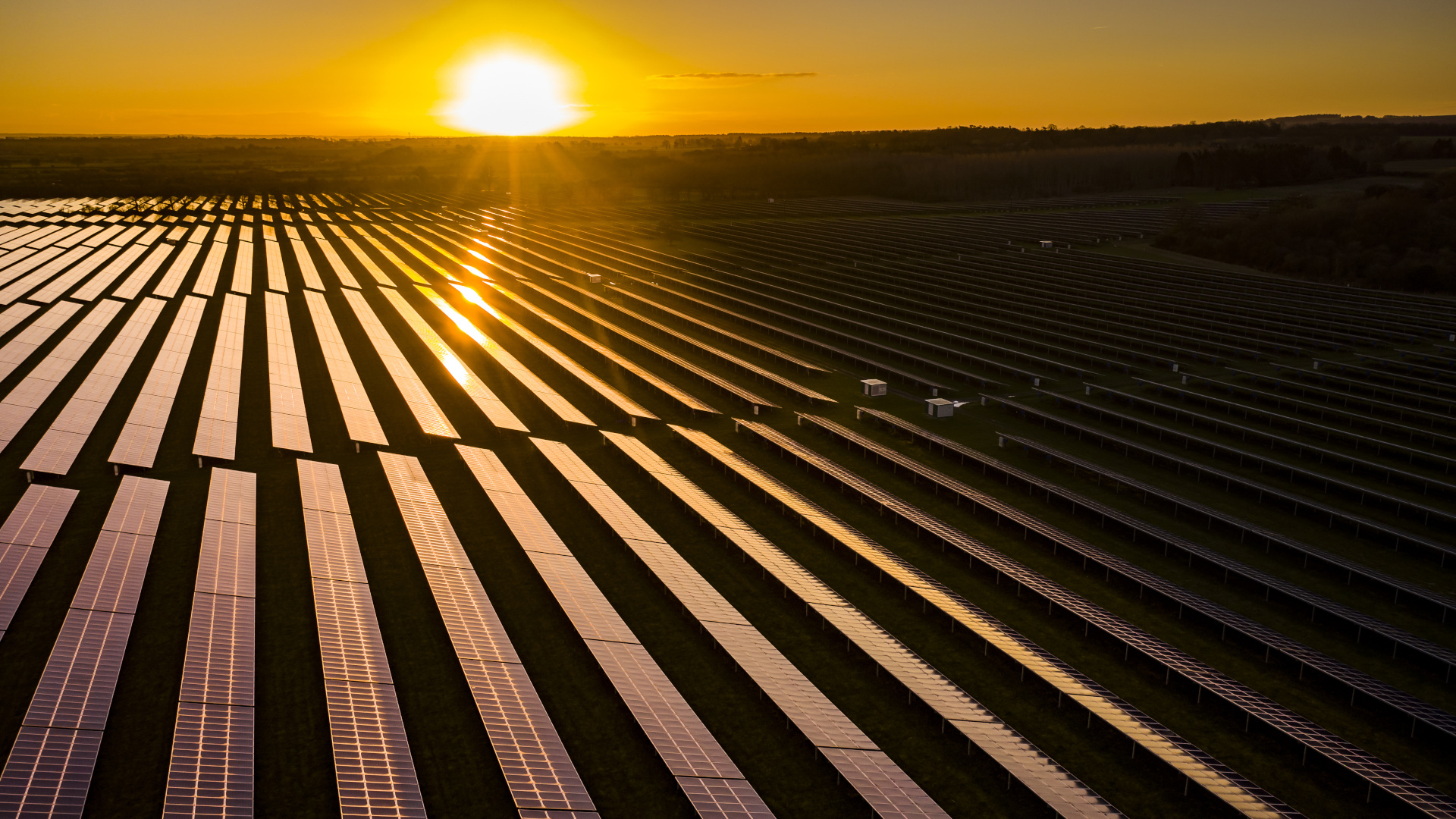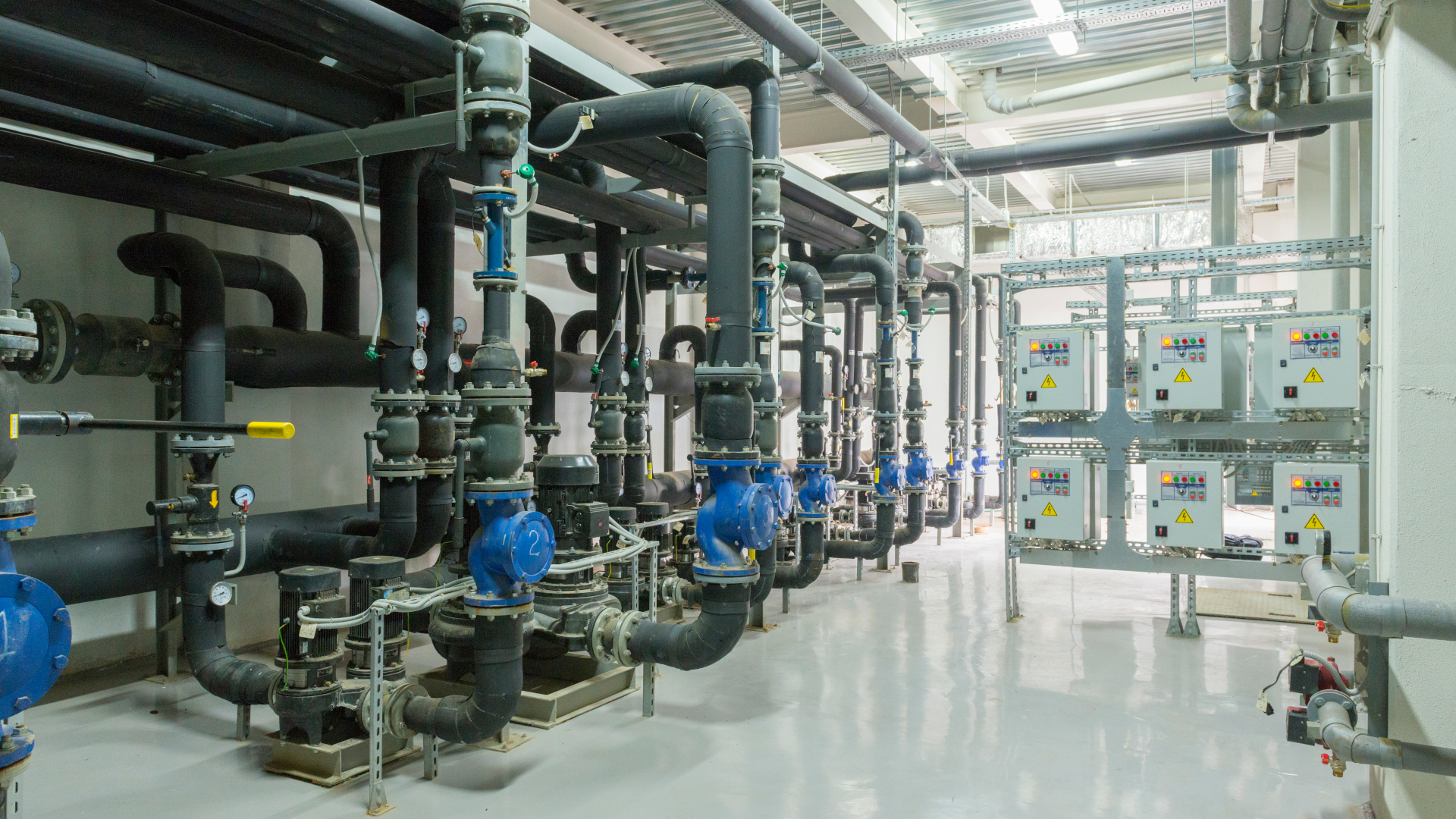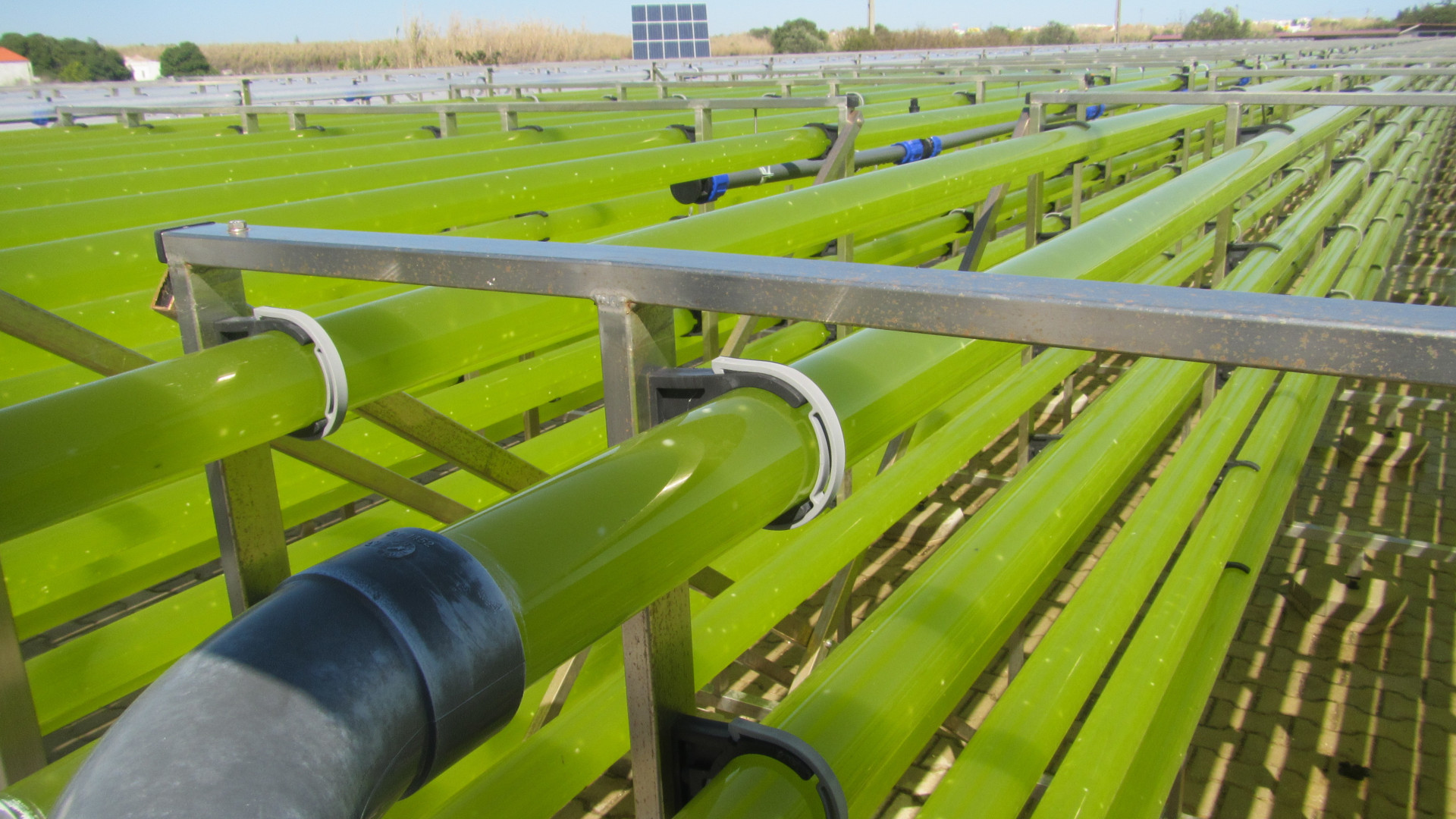General
The MAGNIFICENT project is funded by the Bio-Based Industries Joint Undertaking (BBI JU), which is a €3.7 billion Public-Private Partnership between the EU and the Bio-based Industries Consortium. Operated under Horizon 2020, this EU body is driven by the Vision and Strategic Innovation and Research Agenda (SIRA) developed by the industry.
While the capacity for large scale production existed before MAGNIFICENT, both the variety of products and number of market opportunities was limited. The main products that were obtained pre-MAGNIFICENT using algae were dietary supplements and cosmetics. Through the MAGNIFICENT project, the potential to expand the variety of products was explored.
Outline and objectives
The goal of MAGNIFICENT was to use existing large-scale production facilities to develop biorefinery concepts further, to validate the value chains and develop new ingredients.
The objectives of the Project were to research and validate any possible products. In addition, these products would be scrutinised using a Life Cycle Assessment. The potential new products are be compared to baseline methods of manufacture of similar products. With this comparison, the environmental and social impacts of these products when compared to the industry standard methods of production. In addition, impact hot spots are to be analysed to further inform future work and to propose possible mitigations.
Outcomes
Decerna completed an ISO 14040/14044 compliant Life Cycle Assessment (LCA) and Social Life Cycle Assessment (S-LCA) of the whole supply chain for the production of microalgae-based products. Models were built using the Ecoinvent and Soca databases, using OpenLCA for LCA/S-LCA and using GaBi for additional LCA work. Using the information obtained, 18 impacts categories (ReCiPe Hierarchist Mid Points) were analysed of the products obtained. These impacts were compared to a baseline model using data from current competitor production methods.
MAGNIFICENT expanded the range of products and their market volume substantially and sustainably, improving current applications and developing new ones, such as food and aquatic feed. It did this by developing and validating a new value chain for cultivating and processing microalgae, addressing both upstream and downstream processes.
Project consortium
Wageningen University (The Netherlands)
Stichting Wageningen Research (The Netherlands)
Fraunhofer-Gesellschaft zur Förderung der angewandten Forschung e.V. (Germany)
Necton – Companhia Portuguesa de Culturas Marinhas SA (Portugal)
Cmp – Cimentos Maceira E Pataias SA (Portugal)
Sparos LDA (Portugal)
Erdyn Consultants (France)
Alga Development Engineering And Services SL (Spain)
Madebiotech – C R & D, S.A. Zona Franca da Madeira (Portugal)
Decerna (UK)
Algosource Technologies (France)
Kemin Industries (Belgium)
IMEnz Bioengineering BV (Netherlands)
N-zyme Biotec GmbH (Germany)
Natac Biotech SL (Spain)
Total Raffinage Chimie SA (France)
The project is funded by the Bio-Based Industries Joint Undertaking (BBI JU), which is a €3.7 billion Public-Private Partnership between the EU and the Bio-based Industries Consortium. Operating under Horizon 2020, this EU body is driven by the Vision and Strategic Innovation and Research Agenda (SIRA) developed by the industry
Further information
The official MAGNIFICENT project website is at: https://magnificent-algae.eu
Twitter: @MagnificentAlg1
LinkedIn: linkedin.com/company/magnificent-algae
For more information, email info@decerna.co.uk






